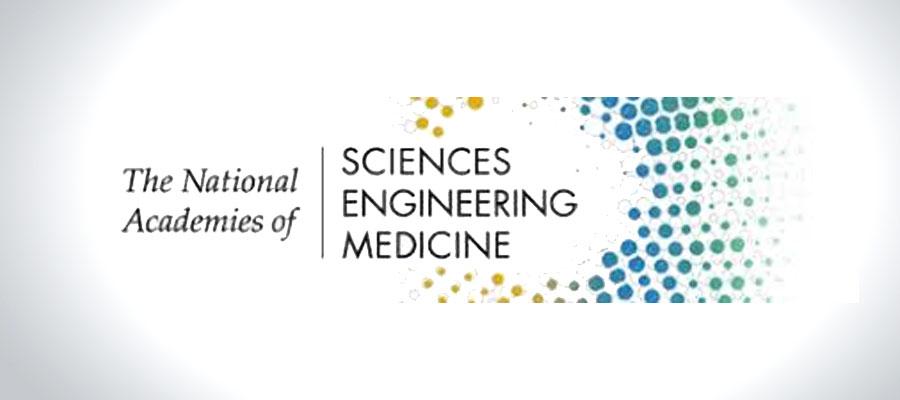Report suggests actions to prevent older adult isolation, loneliness

Health care providers should periodically assess older adults for social isolation and loneliness, and initiate potential preventive interventions for individuals at elevated risk due to life events, such as loss of a significant relationship or geographic move, according to a new report from the National Academies of Sciences, Engineering, and Medicine. Among other actions, the report recommends including the assessment data in the patient’s electronic health record; developing a more robust evidence base on risk factors and effective interventions; measuring social isolation and loneliness in national health surveys; raising public awareness about the health impacts; strengthening health professions training on the issue; and partnering with social service providers to address it. “Though hard to measure precisely, strong evidence suggests that, for older adults, social isolation and loneliness are associated with an increased likelihood of early death, dementia, heart disease and more,” the authors note.

